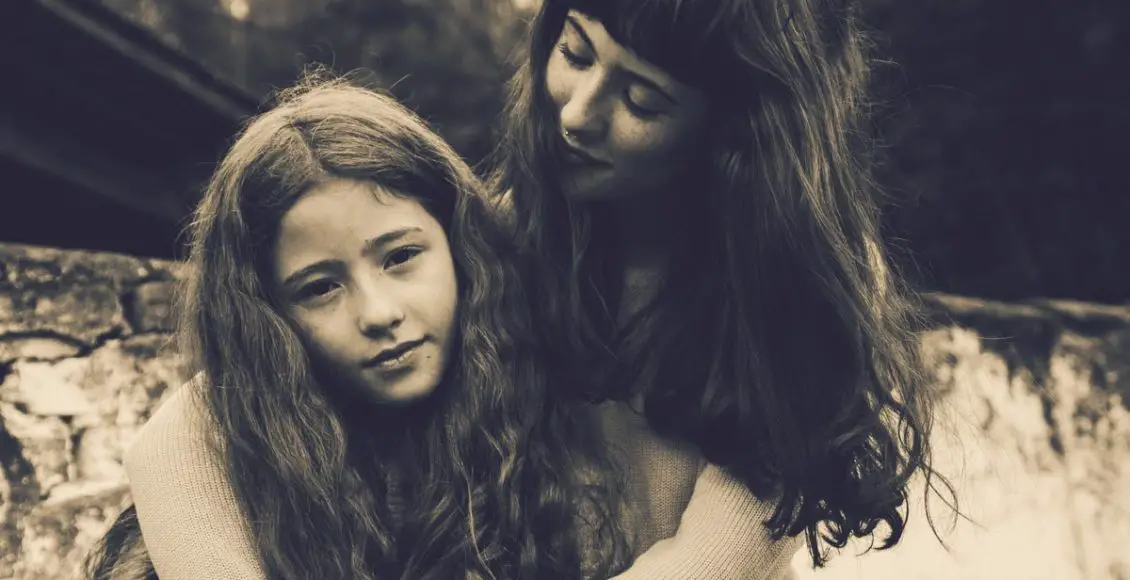Having a sibling is awesome, especially if it’s a sister.
Sure, she can often drive you crazy by using your stuff without asking permission, singing annoyingly, or taking the last piece of candy. At the same time, however, she is one of your closest, most trusted supporters, a true friend, a play buddy, and a great accomplice in pranks.
Of course, we could be listing such wonderful sister qualities endlessly.
But what many people don’t think about is the connection between having a sister and our mental health.
So, if you haven’t called your sister recently to tell her how much you love her, you are about to be given a good reason to do so. Sisters can improve our mental health, and this is how it all works.
А 2010 Brigham Young University Brigham Young University study discovered having a sibling encouraged children to be more kind and helpful. And apparently, if you have a sister, regardless of the age gap, it’s even better.
The research involved 395 families with two or more children, including at least one child between the ages 10 and 14. The adolescent child was filmed while giving answers to questions about a sibling closest in age. A year later, researchers followed up with the families.
“What we know suggests that sisters play a role in promoting positive mental health,” Alex Jensen, an assistant professor at the School of Family Life at BYU, told Motherly, “and later in life they often do more to keep families in contact with one another after the parents pass.”
In addition, the study discovered that having a sister can help you become a kinder and more giving person.
This is due to the fact that sisters promote positive social behaviors such as altruism and compassion when they show love and affection.
But that doesn’t mean that brothers don’t matter. The study found that loving siblings impact each other positively no matter their gender or age differences.
“Sibling affection from either gender was related to less delinquency and more pro-social behaviors like greater kindness and generosity, volunteering, and helping others,” the study’s lead author, BYU professor Laura Padilla-Walker, told ABC News. “Even if there is a little bit of fighting, as long as they have affection, the positive will win out. If siblings get in a fight, they have to regulate emotions. That’s an important skill to learn for later in life.”
Do you have a sibling? If so, how would you describe your relationship? Share your stories with us in the comment section below.



